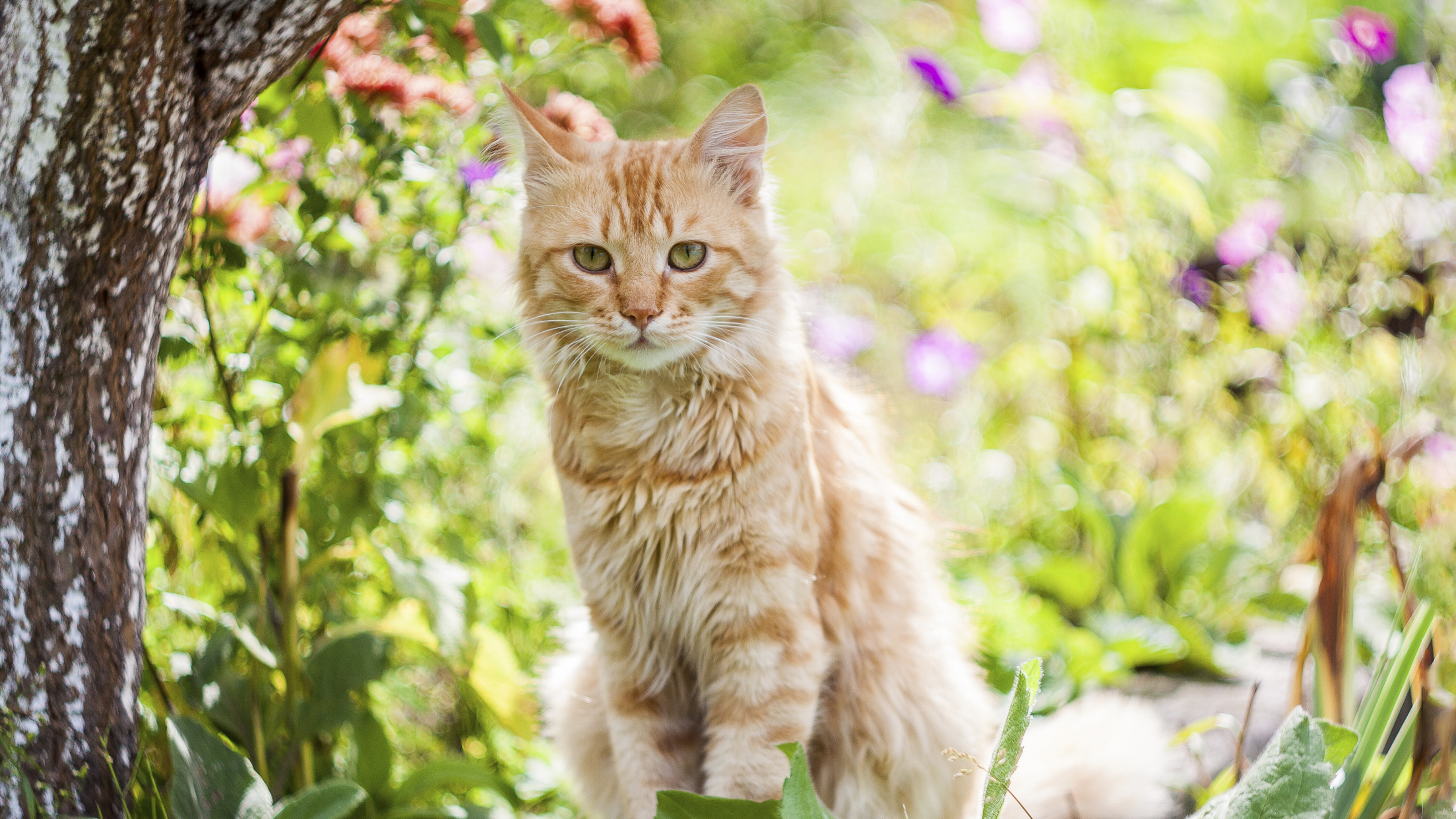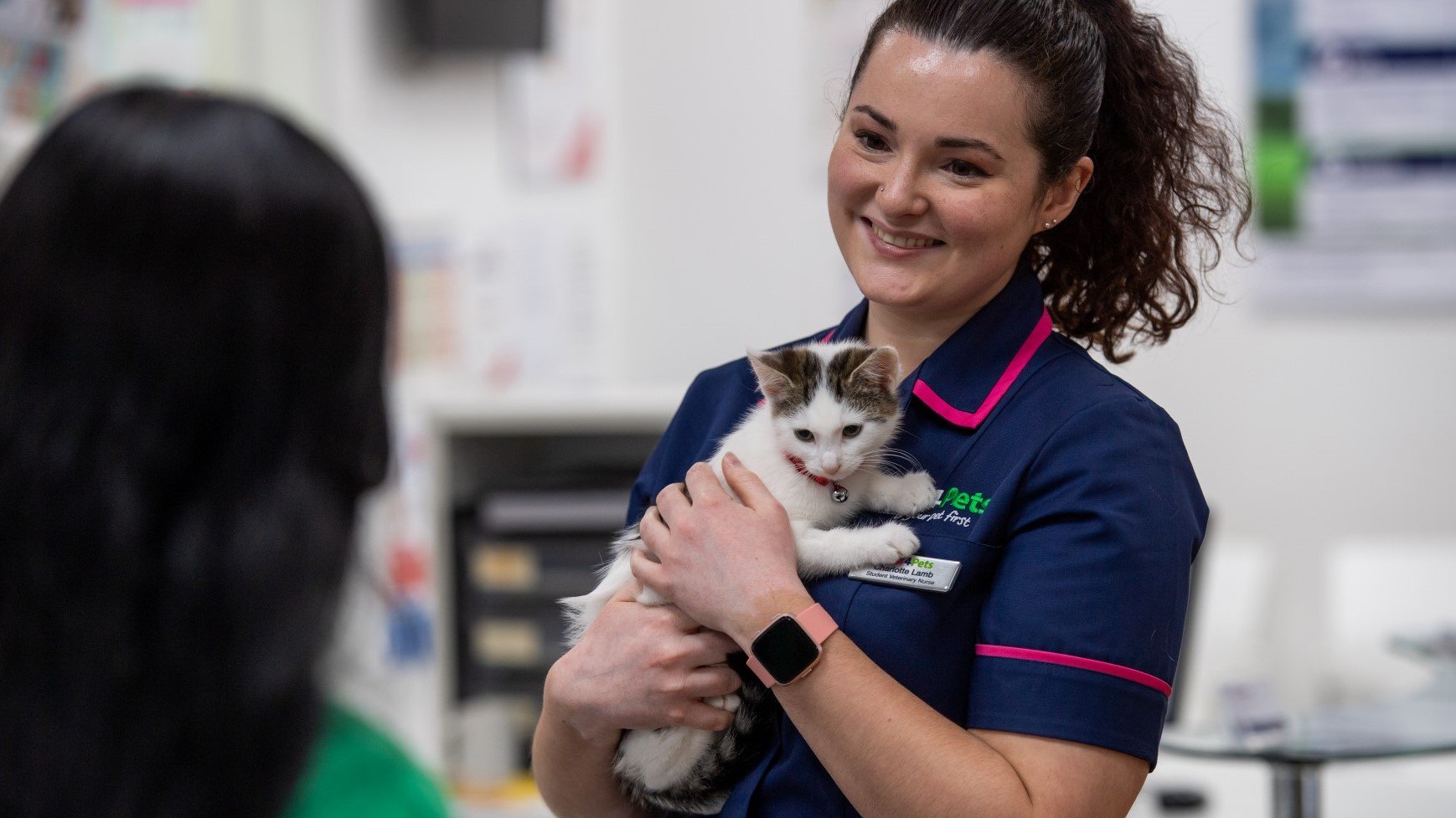
Lily Poisoning In Cats
Unfortunately, lilies and cats are a harmful mix. Even cleaning the pollen from cats fur can be enough to send them into critical illness.
Lilies are beautiful, and are part of many bouquets. This can be especially true around Valentine’s Day and Easter, but lilies are found year-round across thousands of florists and supermarkets.
Unfortunately, lilies and cats are a harmful mix. Even cleaning the pollen from their fur can be enough to send cats into critical illness and awareness of the risks of lily poisoning is important for every cat owner.
More about lily poisoning in cats
Not all lily species are poisonous to cats. Calla, Peace and Peruvian lilies are not ‘true’ lilies, and while they may irritate the mouth if eaten, and cause pain, salivation and facial swelling, they do not cause the serious kidney signs associated with true lily poisoning.
True lilies include Easter, Rubrum, Asiatic, Day, Stargazer, Japanese and Tiger lilies. These lilies are poisonous to cats and this includes their petals, leaves, pollen and even water from the vase. Lilies can drop a lot of pollen, and cats can walk through this or brush against the flowers, getting pollen on their coat. One of the most common ways for cats to ingest lilies is as they clean pollen from their fur.
If you do receive lilies, cutting out the stamens can reduce the pollen drop and therefore the risk. However, as all parts of the lily are toxic and even lilies which are not ‘true’ lilies can cause discomfort, not bringing lilies into a house with cats is considered the safest and recommended course of action.
Lilies are nephrotoxic, which means they affect the kidneys. Signs of lily toxicity can occur within two hours of ingestion, and start with gastrointestinal signs such as vomiting, loss of appetite and drooling. Cats that have eaten lily are quickly lethargic and depressed and may seem very unwell.
Vomiting may subside after a few hours in some cases, but the other signs continue, and within 72 hours affected cats develop acute kidney failure. Cats may urinate more at first, and have abdominal pain, a change in thirst, weakness, and seizures. In very severe acute kidney failure urination may stop altogether.
The kidneys are designed to regulate the levels of many substances in the blood. This includes potassium. A secondary effect of kidney failure is the development of dangerously high levels of potassium, which manifests as an irregular heart rhythm, twitching and muscle weakness.
If you think your cat may have eaten lily then bring both your cat, and the plant itself if possible, to the vet immediately. The sooner your cat starts supportive care, the better the outlook will be. There is no antidote to lily poisoning.
Your vet will assess your cat and implement supportive care. This may involve inducing vomiting and reducing further absorption by feeding activated charcoal if only a short time has elapsed since your cat ate the lily. Aggressive fluid therapy with a drip, anti-nausea medication, kidney function blood tests, and close monitoring of blood pressure and urine output may all be part of your pets supportive care plan. Cats often require several days of hospitalisation, care and monitoring at the vets to reduce the long-term impact on kidney function and clear the body of the toxins.
Even with prompt veterinary attention there is sadly no guarantee that a cat with lily poisoning will survive. Treatment ideally should be started within six hours of the cat eating the lily. Those seen more than 18 hours after the initial ingestion have a very poor prognosis, but even early, aggressive treatment can still result in death, and surviving cats often have permanent kidney damage.
If you think your cat may have eaten lily, contact your nearest Vets4Pets as soon as possible.
Health Plans to keep your cat healthy
At Vets4Pets we offer a range of Health Plans that make essential routine treatments more affordable. You'll save money on things like annual vaccinations, flea and worm treatment and routine health check-ups.

Cat Advice
Read more of our expert cat advice to keep your cat happy and healthy.
